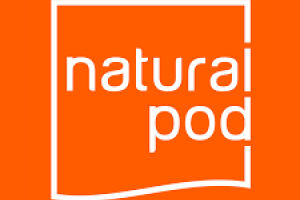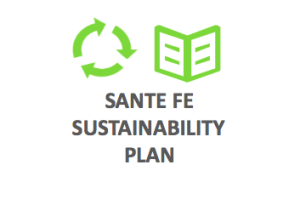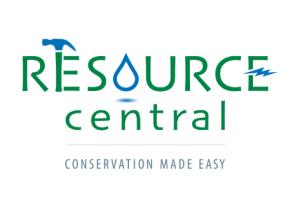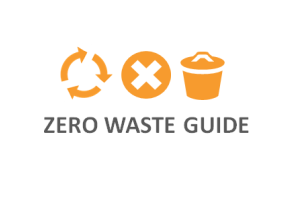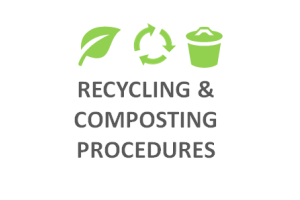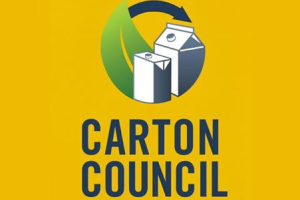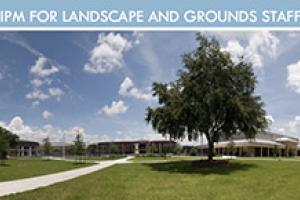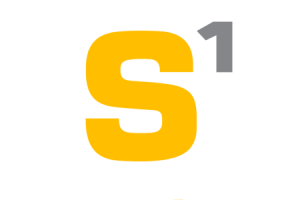
National Youth Science Academy
/resource/national-youth-science-academy
National Youth Science Foundation
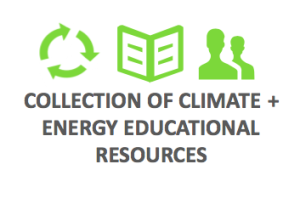
Collection of Climate and Energy Educational Resources
/resource/collection-climate-and-energy-educational-resources
CLEAN
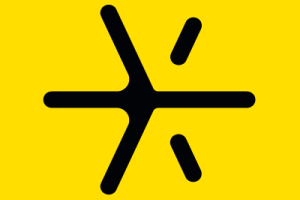
Electric Schoolbuses Start Up Resources
/resource/electric-schoolbuses-start-resources
VEIC
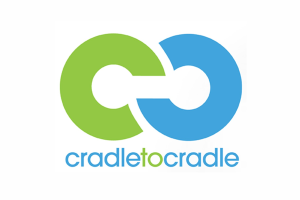
Crade to Cradle Certified Products Registry
/resource/crade-cradle-certified-products-registry
Crade to Cradle
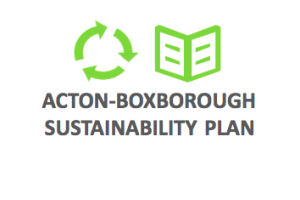
Sustainability Policy
/resource/sustainability-policy
Acton-Boxborough Regional School District
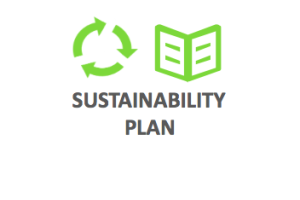
Sustainability Plan
/resource/sustainability-plan
Board of Education of Anne Arundel County
Environmentally Sustainable Practices
/resource/environmentally-sustainable-practices
Virginia Beach City School District
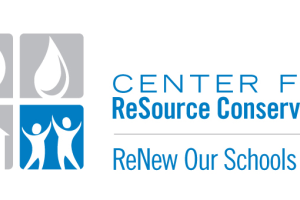
Streamlining Energy Efficiency for Schools Act
/resource/streamlining-energy-efficiency-schools-act
House - Energy and Commerce

Cost and Benefits of Reusable Food Ware in Schools: A Case Study
/resource/cost-and-benefits-reusable-food-ware-schools-case-study
Minnesota Pollution Control Agency
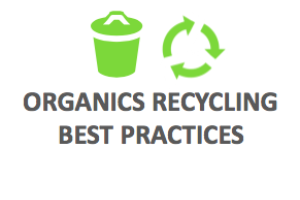
Organics Recycling Best Practices Guide
/resource/organics-recycling-best-practices-guide
Hennepin County Organics Recycling
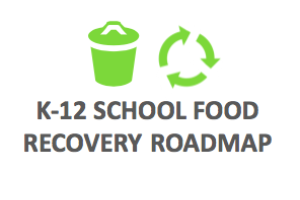
K-12 School Food Recovery Roadmap
/resource/k-12-school-food-recovery-roadmap
Biocycle

Database of Energy Efficient Product Manufacturers
/resource/database-energy-efficient-product-manufacturers
Building Clean
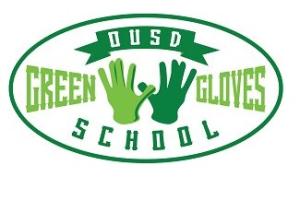
Green Gloves
/resource/green-gloves
Oakland Unified School District Food & Nutrition Services Department
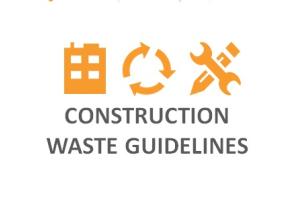
Construction Waste Recycling Guidelines
/resource/construction-waste-recycling-guidelines-0
Lincoln Public Schools
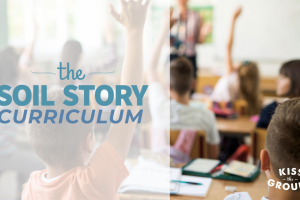
Soil Story Middle School Curriculum
/resource/soil-story-middle-school-curriculum-0
Kiss the Ground
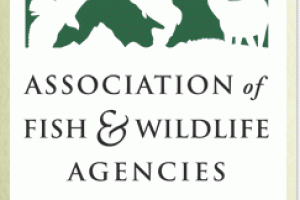
Field Investigations: Using Outdoor Environments to Foster Student Learning of Scientific Practices
/resource/field-investigations-using-outdoor-environments-foster-student-learning-scientific
Association of Fish and Wildlife Agencies
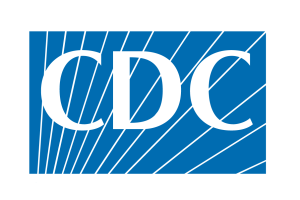
Healthy Schools Water Access Resources
/resource/healthy-schools-water-access-resources
Centers for Disease Control and Prevention
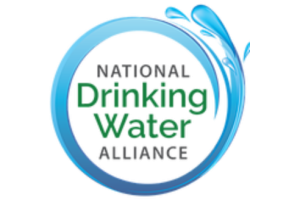
National Drinking Water Alliance
/resource/national-drinking-water-alliance
National Drinking Water Alliance

